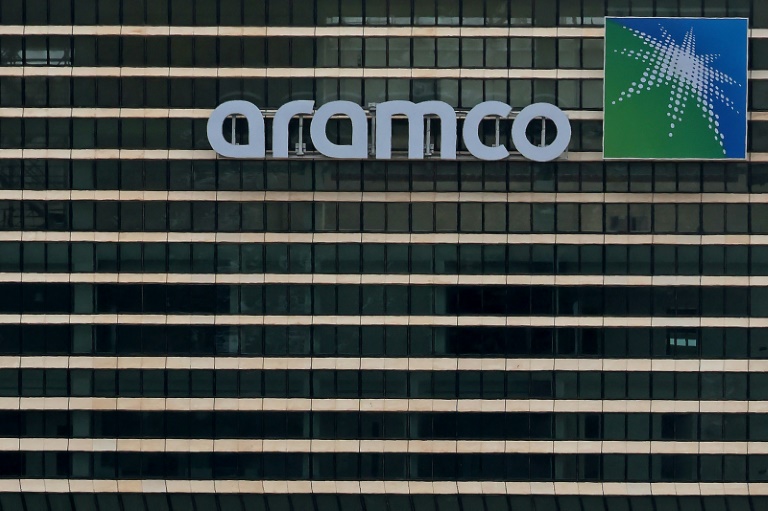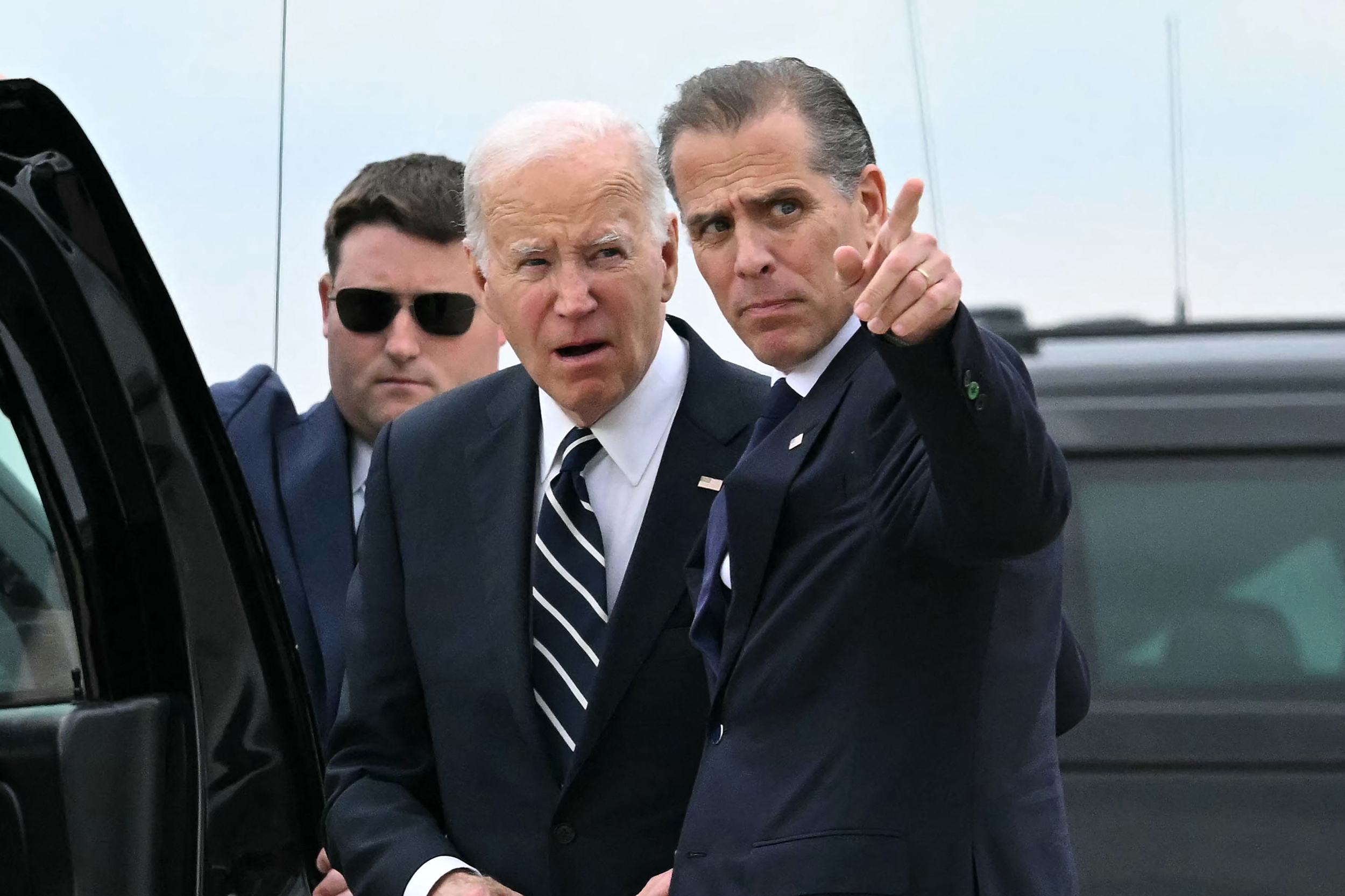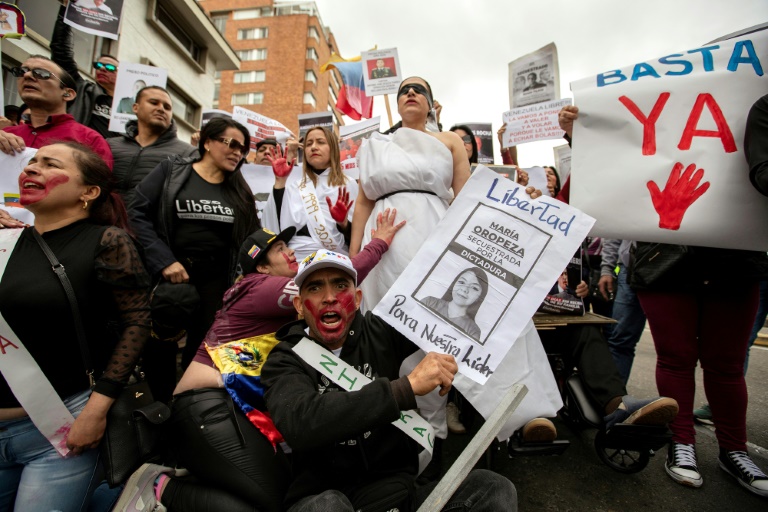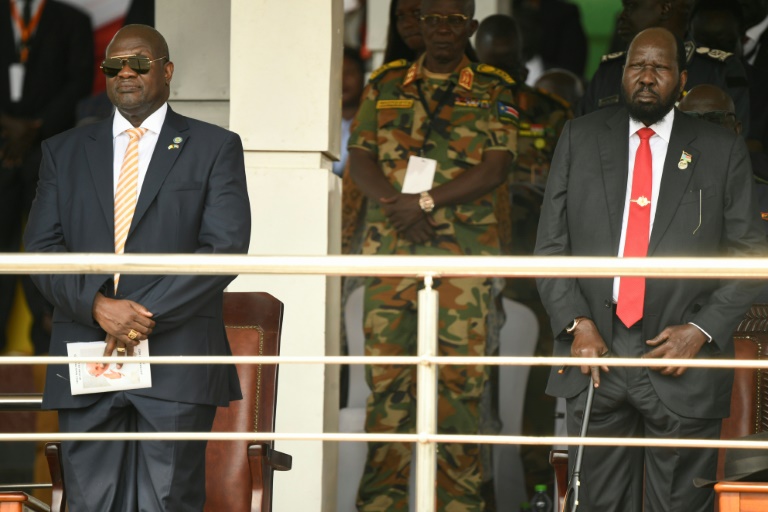Oil giant Saudi Aramco said on Thursday it plans to sell 1.545 billion shares worth more than $10 billion in one of the biggest such offerings in recent years.
In a statement posted to the Saudi stock exchange, Aramco announced a “secondary public offering of 1.545 billion shares”, with an expected price range between 26.70 and 29 Saudi riyals ($7 to $7.70).
The sale on the local bourse, which represents approximately 0.64 percent of the company’s issued shares, will commence on Sunday, Aramco said.
It is the firm’s second listing after an initial public offering in December 2019 that raised $25.6 billion, the biggest flotation in history.
Saudi Arabia is the world’s largest crude oil exporter and, before the announcement on Thursday, the government owned about 82 percent of its shares.
Aramco’s profits are financing Crown Prince Mohammed bin Salman’s sweeping economic and social reform programme known as Vision 2030, which aims to lay the groundwork for an eventual post-oil future.
Flagship projects include NEOM, the futuristic mega-city being built in the desert at a cost of $500 billion dollars, a giant airport in Riyadh and major tourism and leisure developments.
“The further listing of Aramco will help the government raise funds for Vision 2030 projects that aim to diversify the kingdom’s economy,” said Amena Bakr, senior research analyst at Energy Intelligence, predicting that more shares will be listed in the coming years.
In January, Aramco said it had been instructed to abandon a plan to increase production capacity to 13 million barrels per day, up from its current level of 12 million bpd.
Analysts said the surprise announcement could reflect a lack of confidence in demand, although Energy Minister Prince Abdulaziz bin Salman said it was motivated by the transition to cleaner fuels.
After a series of output cuts dating back to October 2022, Saudi Arabia’s daily production stands at approximately nine million bpd.
Aramco reported record profits in 2022 after Russia’s invasion of Ukraine sent oil prices soaring, allowing Saudi Arabia to record its first budget surplus in nearly a decade.
But the Saudi cash cow saw its profits drop by a quarter last year because of lower oil prices.
Earlier this month, Aramco said its first-quarter net profit dipped 14.5 percent on-year to $27.27 billion as the Gulf kingdom kept production cuts in place.
In December 2019, Aramco sold 1.5 percent of the company on the Saudi bourse, raising a record $25.6 billion and valuing the company at $1.7 trillion.
The latest share sale “will be a material support for public finances” said Justin Alexander, director of the consultancy Khalij Economics.
“However, it is still only a small fraction of the spending required on projects over the next few years so… there could well be further share sales,” said Alexander, who is also the Gulf Cooperation Council analyst for GlobalSource Partners.
Aramco shares were trading at 29 riyals ($7.73) on the Saudi bourse on Thursday, below the 2019 IPO price of 32 riyals.
In 2022, Saudi Aramco transferred a four-percent chunk of Aramco shares, estimated to be worth around $80 billion, to the kingdom’s sovereign wealth fund, the Public Investment Fund.
Last year, the kingdom announced the transfer of a second four-percent portion of shares to Sanabil Investments, a firm controlled by the PIF.
And in March, it said an additional eight percent Aramco stake has been transferred to firms owned by the PIF, which with its subsidiaries now controls 16 percent of the company.
Funds from the new sale could be “transferred to the PIF to finance domestic projects or used alongside debt financing to support central government spending”, said Alexander.
Under Vision 2030, Prince Mohammed is trying to transform the formerly closed-off Gulf kingdom into a tourism, business and sports hub.
Along with overseeing head-spinning social reforms like sidelining the religious police and allowing women to drive, he has announced a series of “giga-projects” including NEOM.
The IMF said in April that, at current production levels, Saudi Arabia’s fiscal break-even oil price would be $96.2 per barrel in 2024.
The Saudi finance ministry said in December it was projecting budget deficits through 2026 as it maintains high spending on reform initiatives.
Saudi Arabia’s gross domestic product decreased by 1.8 percent on-year in the first quarter of 2024 compared with 2023, the General Authority for Statistics said in a recent estimate.







